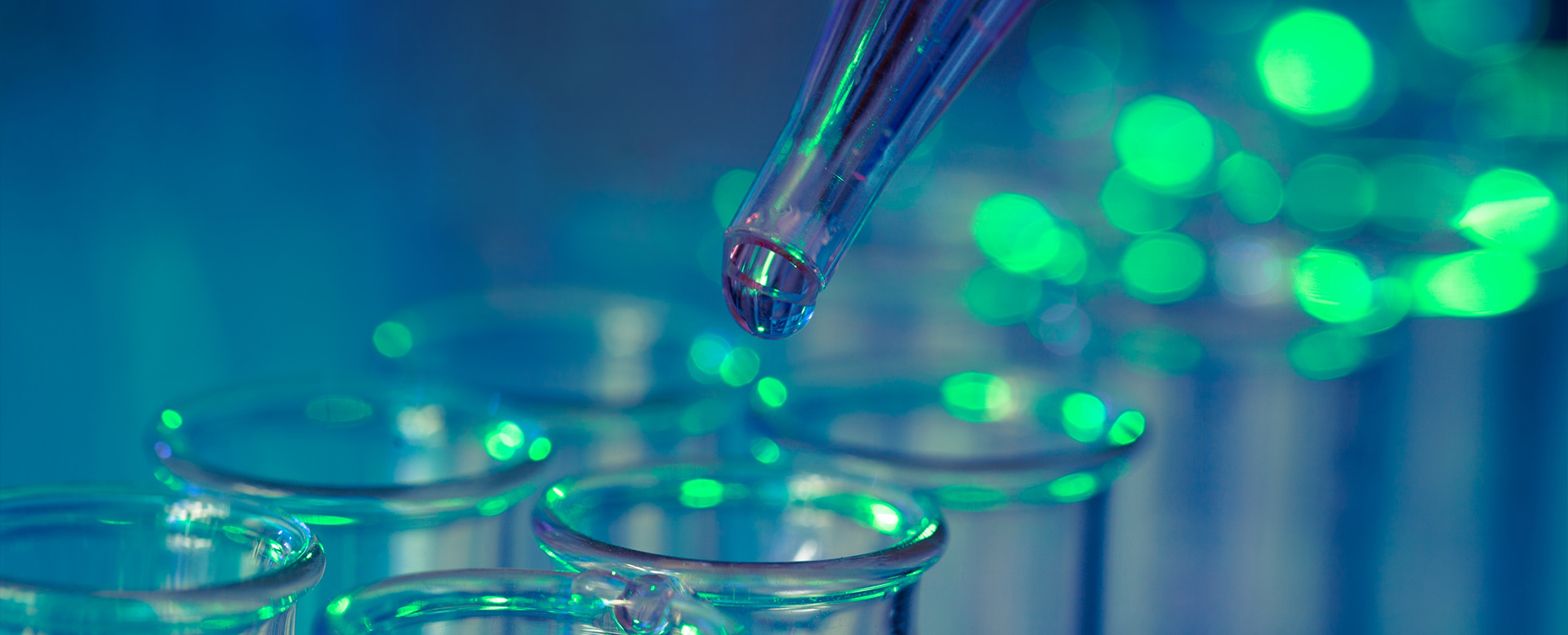Commentary: Alkaline water devices are claimed to have many health benefits, including curing cancer. People spend thousands of dollars for electrolysis machines generating water up to pH 9.5.
This review shows this shady business is operating in a completely “evidence-free zone”.
The only study the authors could locate on this subject showed no impact of alkalization on bladder cancer.
At this time, there is no scientific evidence to support any health benefits from the intake of alkaline water.
Physicians should not be surprised by this outcome, as we all know these biochemical and biophysical facts:
- Pure water containing no dissolved ions is too non-conductive to undergo significant electrolysis by “water ionizer” devices.
- Pure water can never be alkaline or acidic, nor can it be made so by electrolysis. Alkaline water must contain metallic ions of some kind, most commonly, sodium, calcium or magnesium.
- If you do drink alkaline water, its alkalinity is quickly neutralized by the highly acidic gastric fluid in the stomach.
- Uptake of water occurs mainly in the intestine, not in the stomach. But when stomach contents enter the intestine, they are neutralized and made alkaline by the pancreatic secretion of bicarbonate, so all the water you drink eventually becomes alkaline anyway.
- If blood becomes alkaline the kidneys immediately correct this by dumping bicarbonate. If the blood goes out of normal range and into frank alkalosis, it is very serious medical problem. This is seen in some respiratory diseases.
- Alkaline water is falsely claimed to be an anti-oxidant. Hypochlorites present in most such waters are in fact oxidizing agents as can be seen by its ability to decolorize iodine.
- Nausea from intake of highly alkaline water is not evidence it is detoxifying the body.
In summary, alkaline water machines rely on an illogical premise, have no known mechanism of action, and have no evidence whatsoever of benefit. The potential for harm is real, including relying on an therapy that is based on a hypothetical effect and not science-based for a life-threatening disease.
Reference:
Fenton, R. et al. BMJ Open 2016; 6: e010438.


